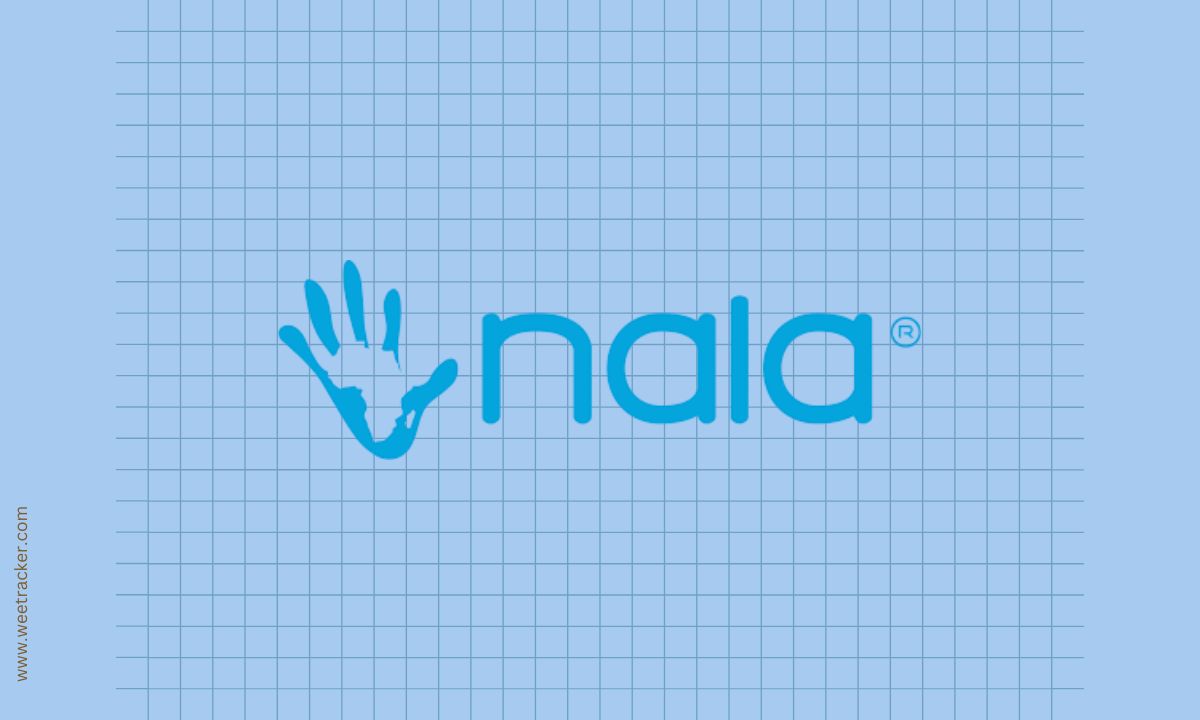NALA Secures IMTO License to Power Cross-Border Payment Services in Uganda

Tanzanian-born fintech NALA has achieved a major milestone by securing an International Money Transfer Operator (IMTO) license from the Bank of Uganda.
This license will allow NALA to integrate cross-border payment services, making it easier and more secure for Ugandans to send and receive money.
With the new IMTO license, NALA will now be able to directly connect with mobile money services in Uganda, enabling seamless payments into local mobile wallets, and benefiting both individuals and businesses.
It also paves the way for NALA to expand its operations in Uganda, offering a broader range of services tailored to the needs of both the Ugandan diaspora and local consumers.
This integration is expected to be crucial for many Ugandans living abroad who send money home to support their families and communities.
According to the Central Bank of Uganda, remittance flows to Uganda reached over USD 1.4 B, accounting for nearly 3% of the country’s GDP and serving as a major source of foreign exchange in 2023.
This makes Uganda the seventh-largest recipient of remittances in sub-Saharan Africa and the ninth-largest in all of Africa.
According to the company, this new license aligns with NALA’s commitment to promoting financial inclusion and supporting economic growth in Uganda and the wider region.
NALA’s COO, Nicolai Eddy, emphasized the importance of this achievement, noting that the company’s collaboration with the Bank of Uganda will make remittances more accessible and contribute to boosting the supply of foreign exchange, which is vital for the country’s economic growth.
Combined with its recent USD 40 M Series A funding, this collaboration is expected to help provide convenient and affordable remittance options for Ugandans, representing a big step forward for the fintech company
Overall, NALA’s entry into the market as a licensed IMTO operator is expected to increase competition and lead to better rates and services for consumers.